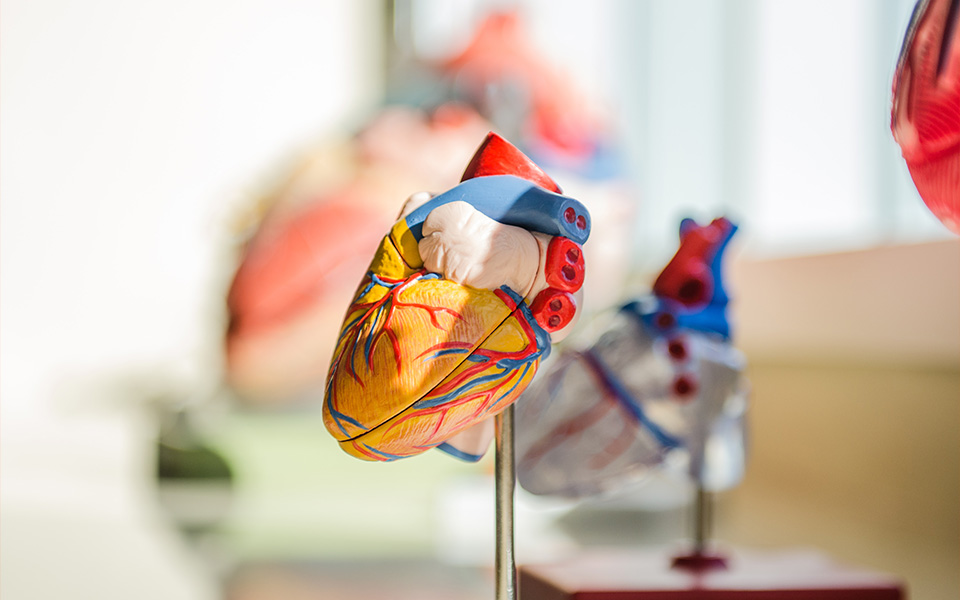Medical Blog

Travel Injections for China: What Australians Should Know
Planning a Trip to China? While China is home to vibrant cities, rich history, and diverse regions, Australian travellers should ensure their vaccinations are up to date before departure.
Vaccinations for Travel to Japan from Australia
While Japan offers excellent healthcare standards, Australian travellers should ensure their vaccinations are up-to-date and meet current entry requirements before departure.
Travel Vaccination to Bali, Indonesia: What You Need to Know
Planning a trip to Bali, Indonesia? While this tropical paradise offers stunning beaches and rich cultural experiences, protecting your health through proper vaccination is crucial.
Essential Travel Vaccinations for Vietnam: An Australian Guide
Planning a trip to Vietnam? While this beautiful Southeast Asian country offers incredible experiences, it's essential to protect your health before departure.
Thailand Travel Vaccinations A Guide for Australian Travellers
Going to Thailand is an exciting experience, but it's important to take care of your health. Before you travel, it's a good idea to talk to a doctor or travel health clinic about the vaccinations you need.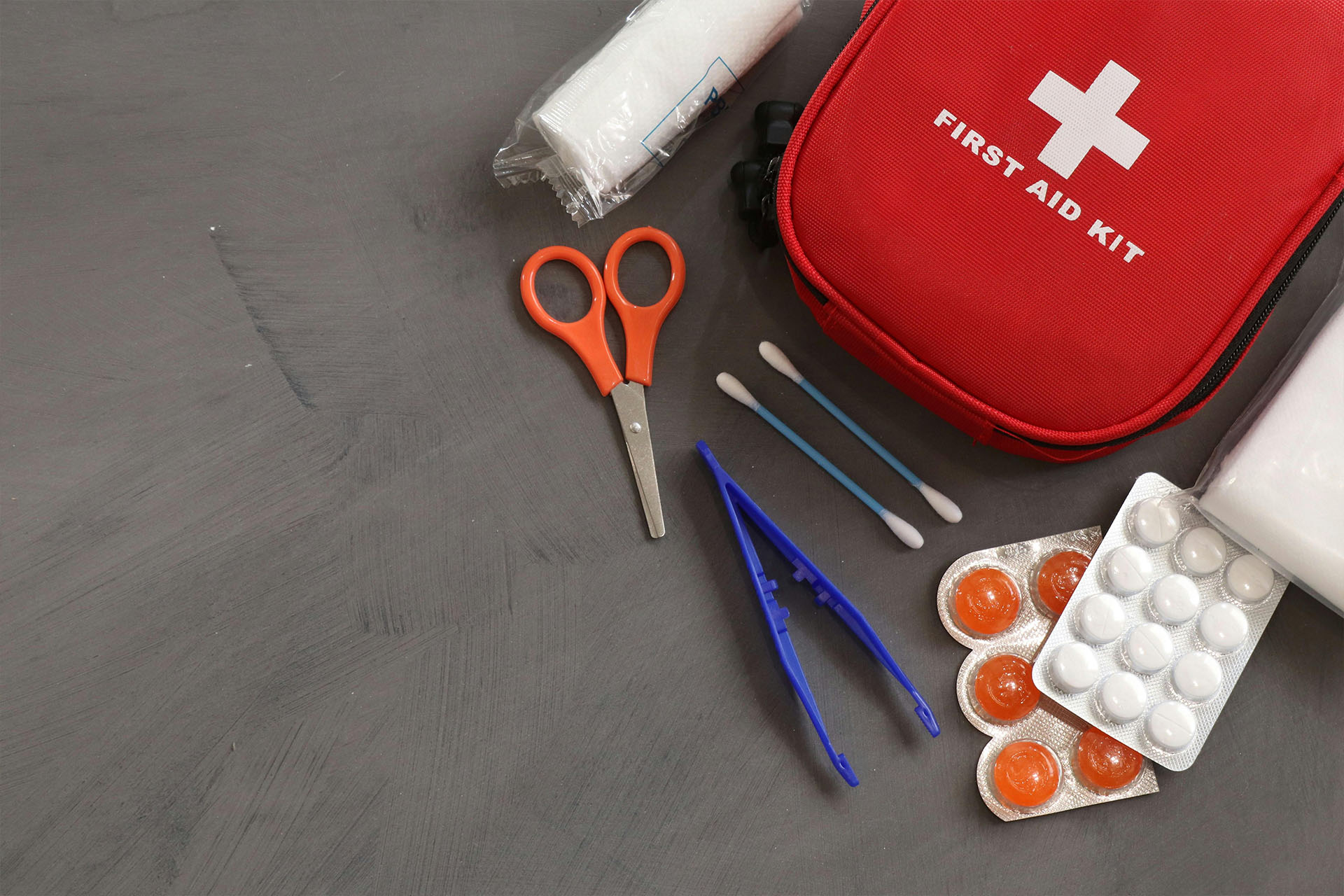
Your Complete Guide to a Travel Health Kit
Planning a trip? Don't forget to pack a travel health kit! This guide will help you put together everything you need to stay healthy on your journey.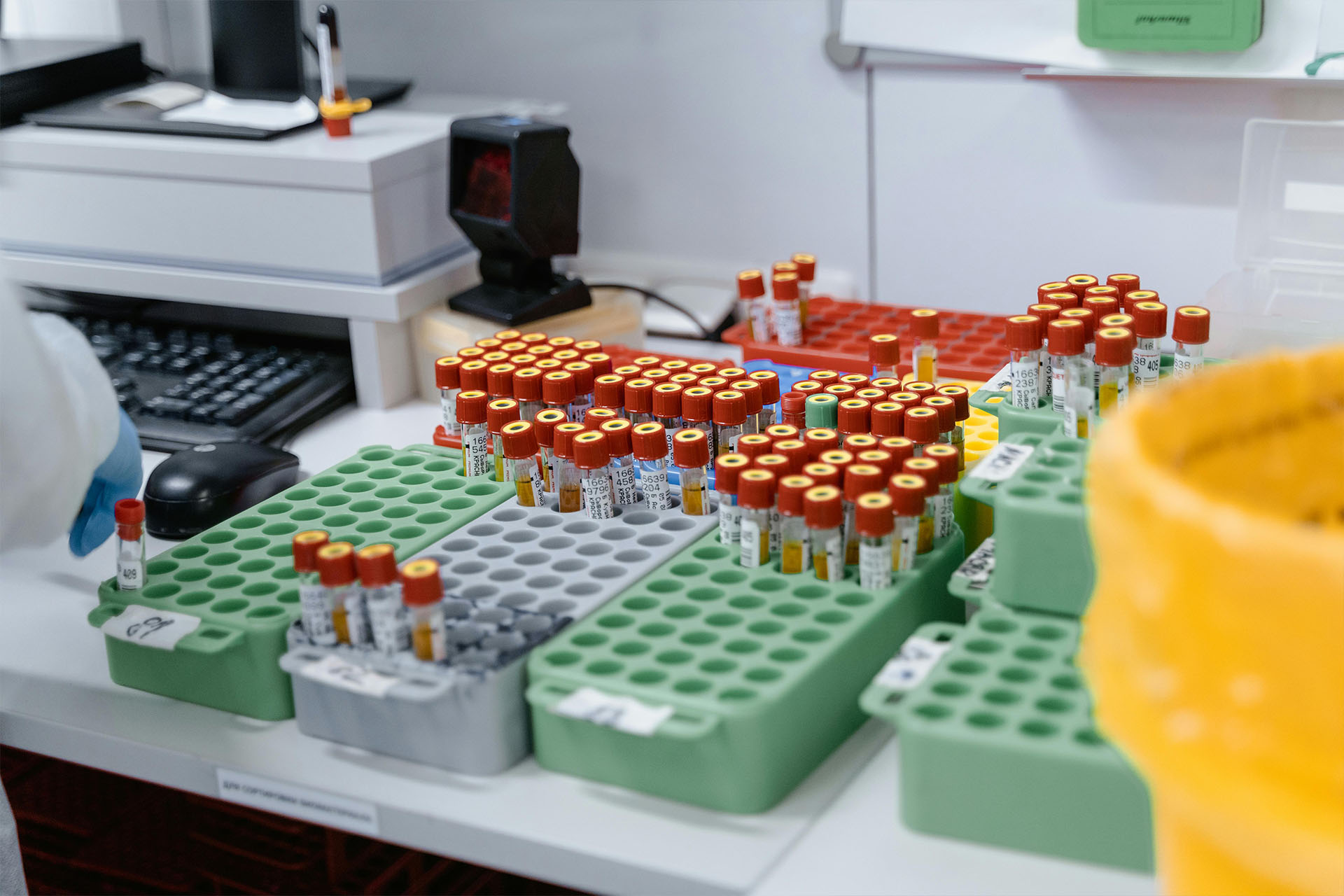
Top 10 Most Common Pathology Tests and Their Uses
Pathologists routinely perform several vital laboratory tests to evaluate patients' health status and diagnose various medical conditions.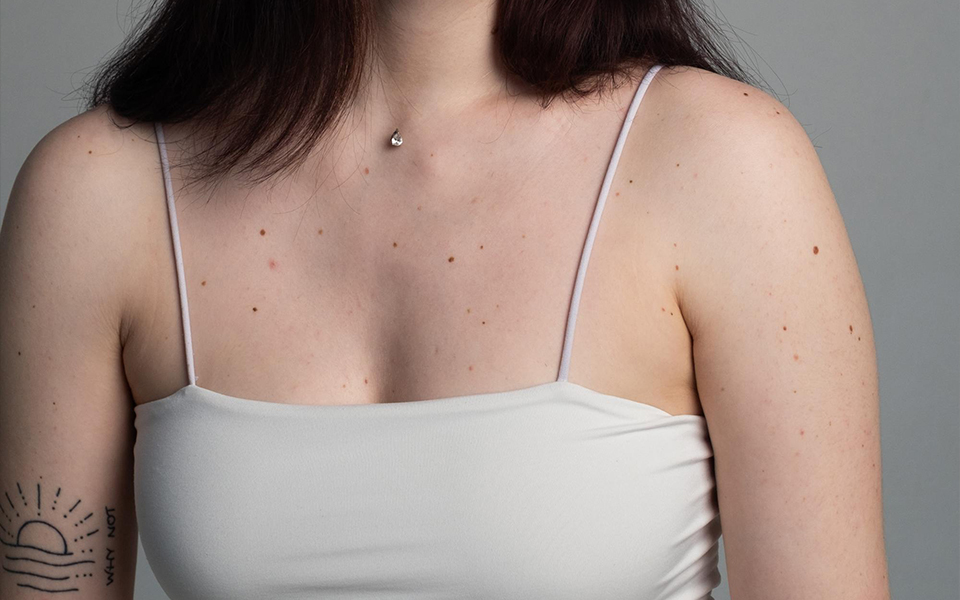
The Benefits of Mole Mapping for Skin Cancer Prevention
Mole mapping is an advanced dermatological procedure aimed at creating a comprehensive mole map of the patient's skin.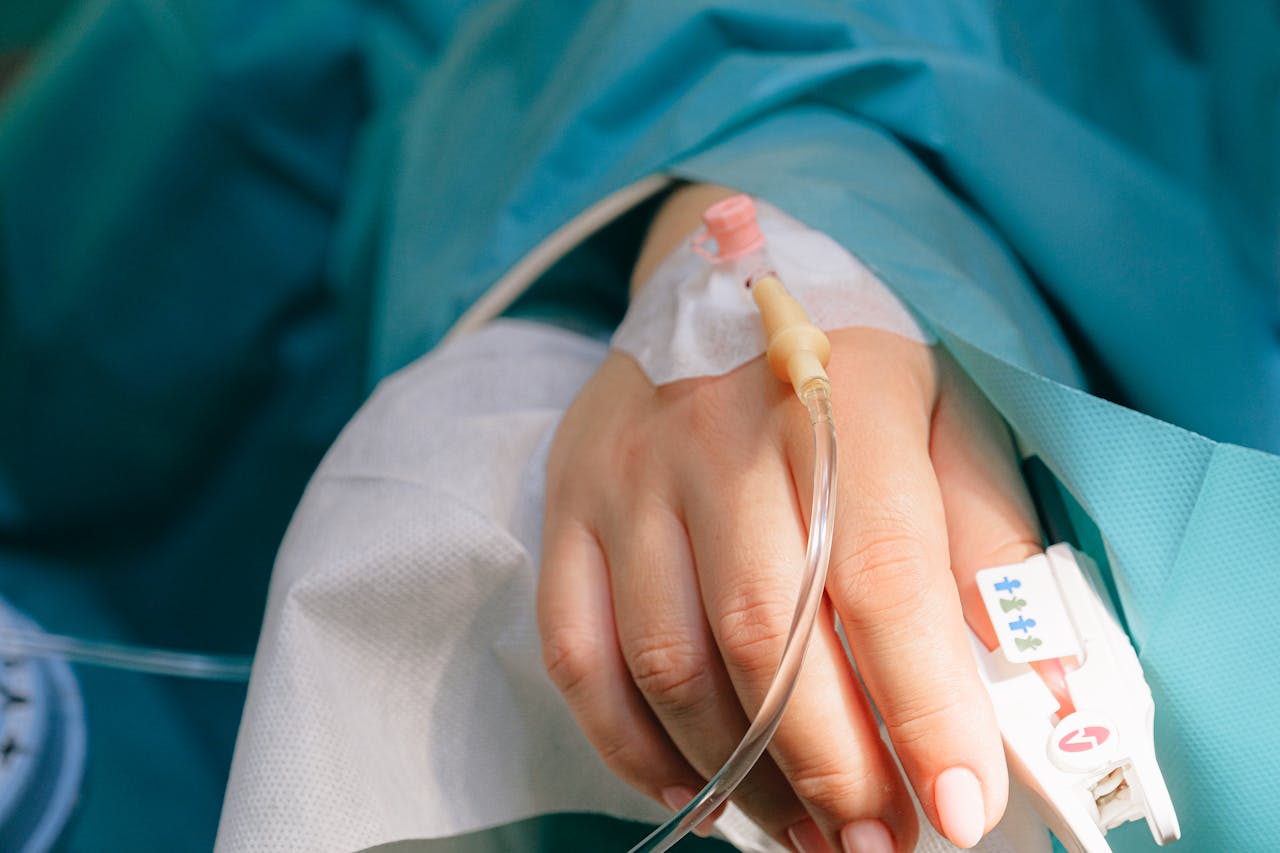
What is an Iron Infusion? Benefits, Procedure, and What to Expect
Iron deficiency is a common condition where the body lacks enough iron to produce healthy red blood cells.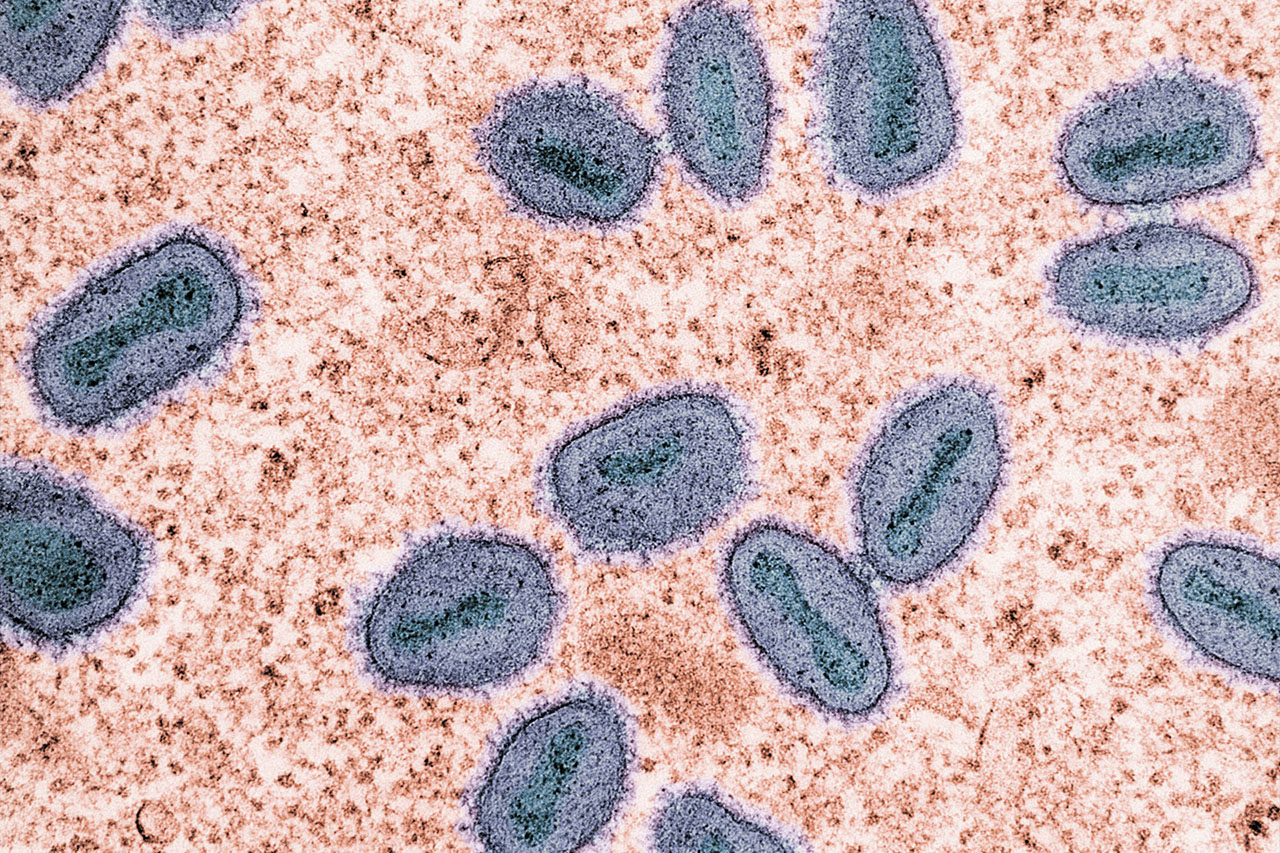
Mpox (Monkeypox) Information – Signs, Symptoms & Treatment
Mpox, formerly known as monkeypox, is a viral infection affecting Australia, primarily impacting GBMSM.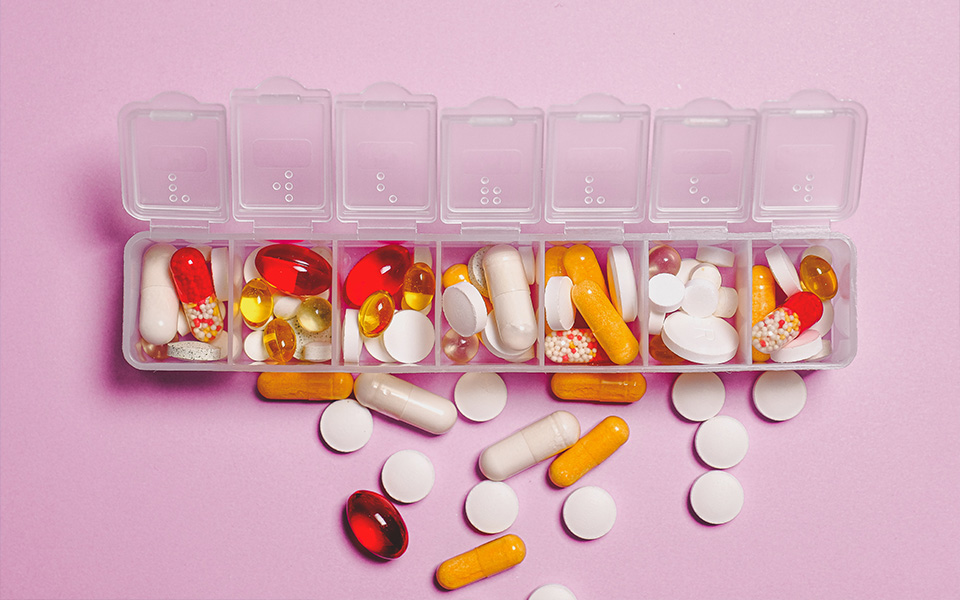
Our Guide To Travelling With Medication
Plan a hassle-free trip with tips on traveling with medication. Learn about packing essentials, insurance, and more for a safe journey with Southgate Medical.